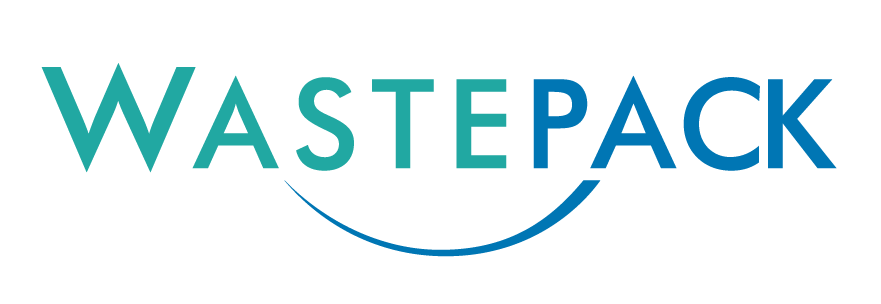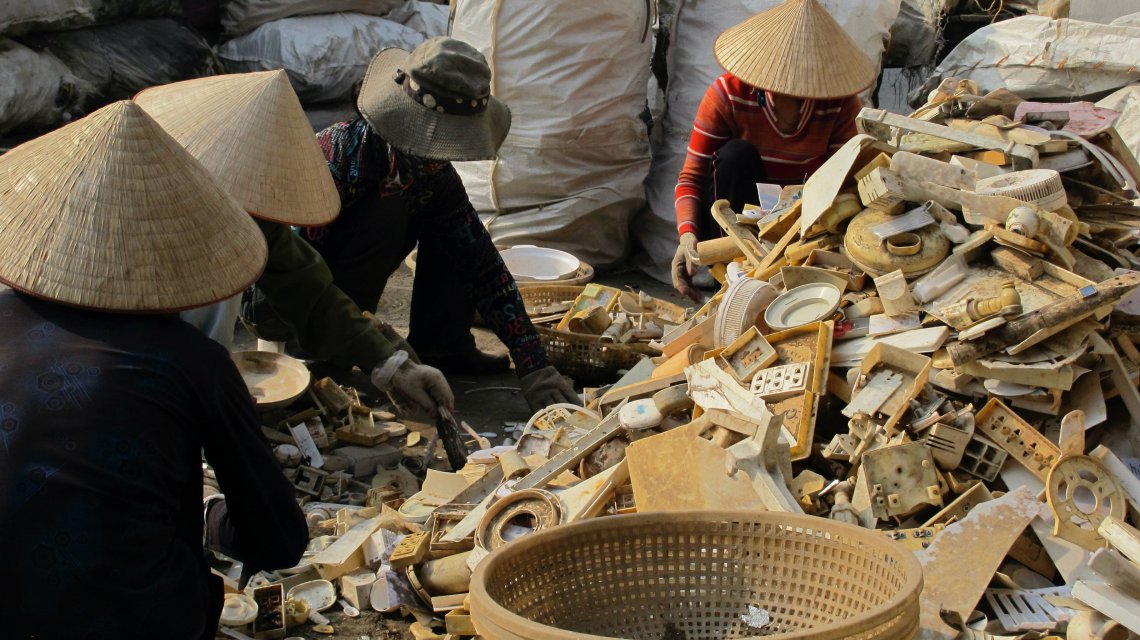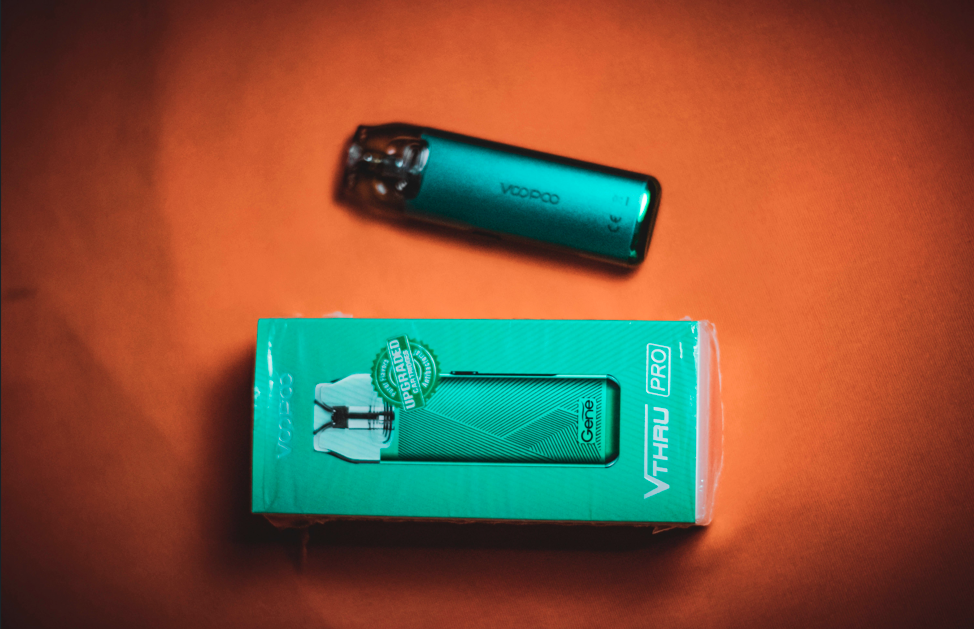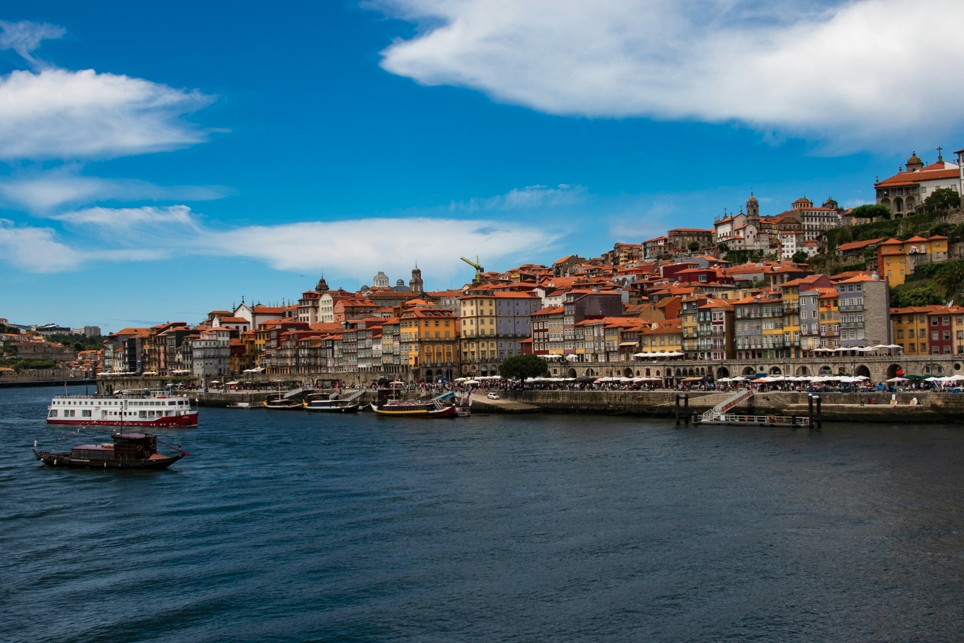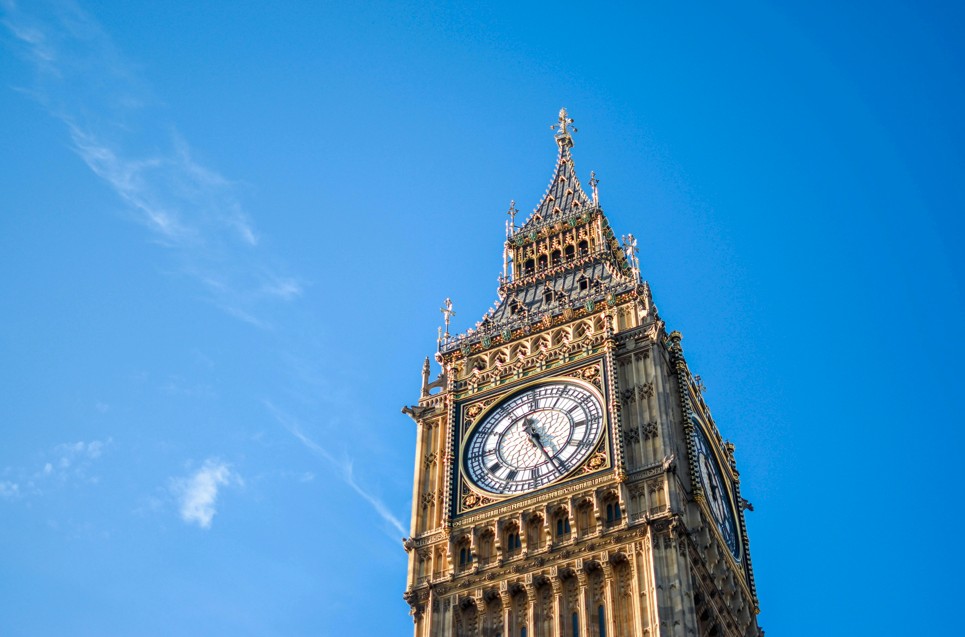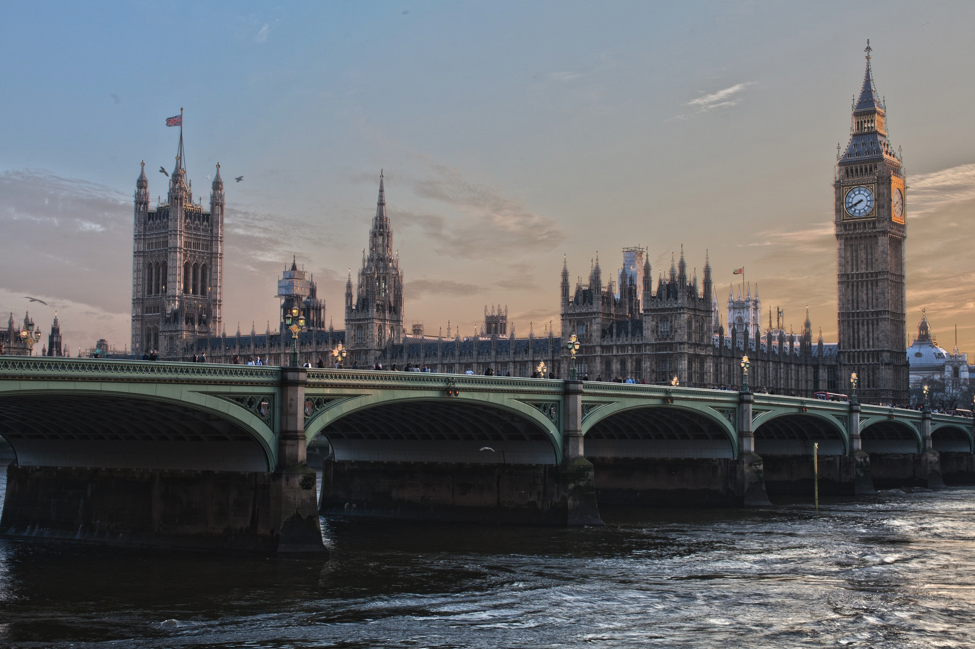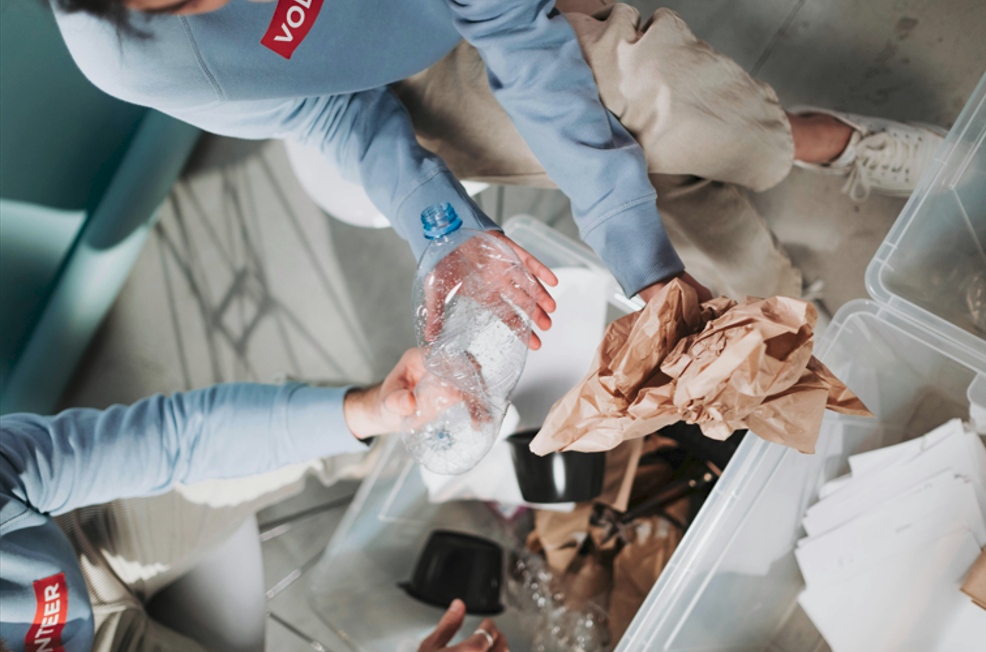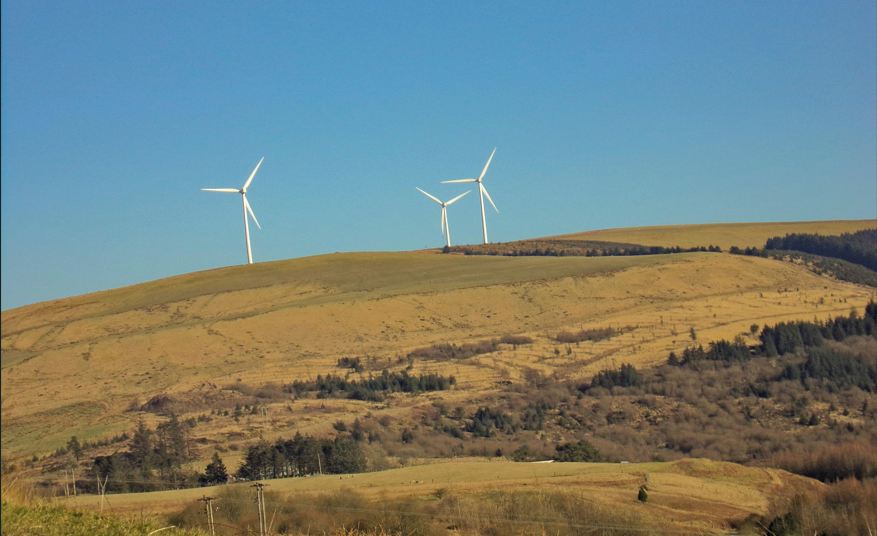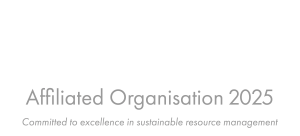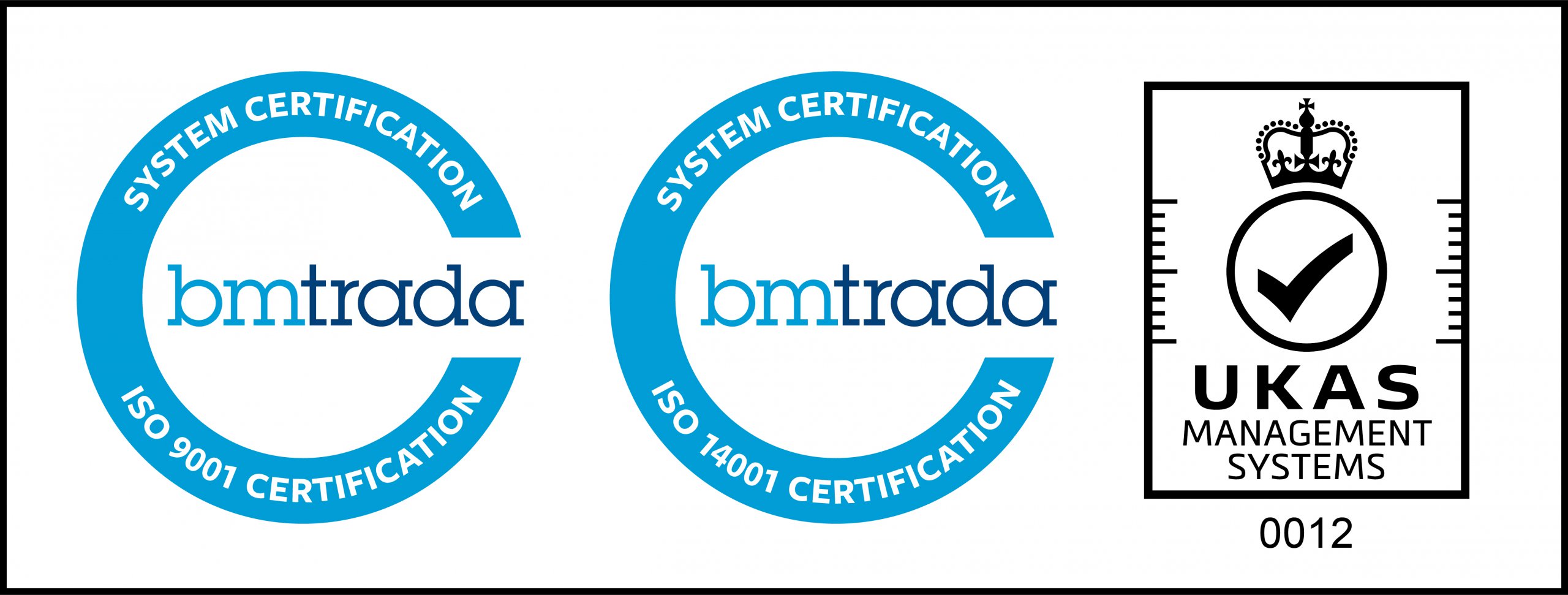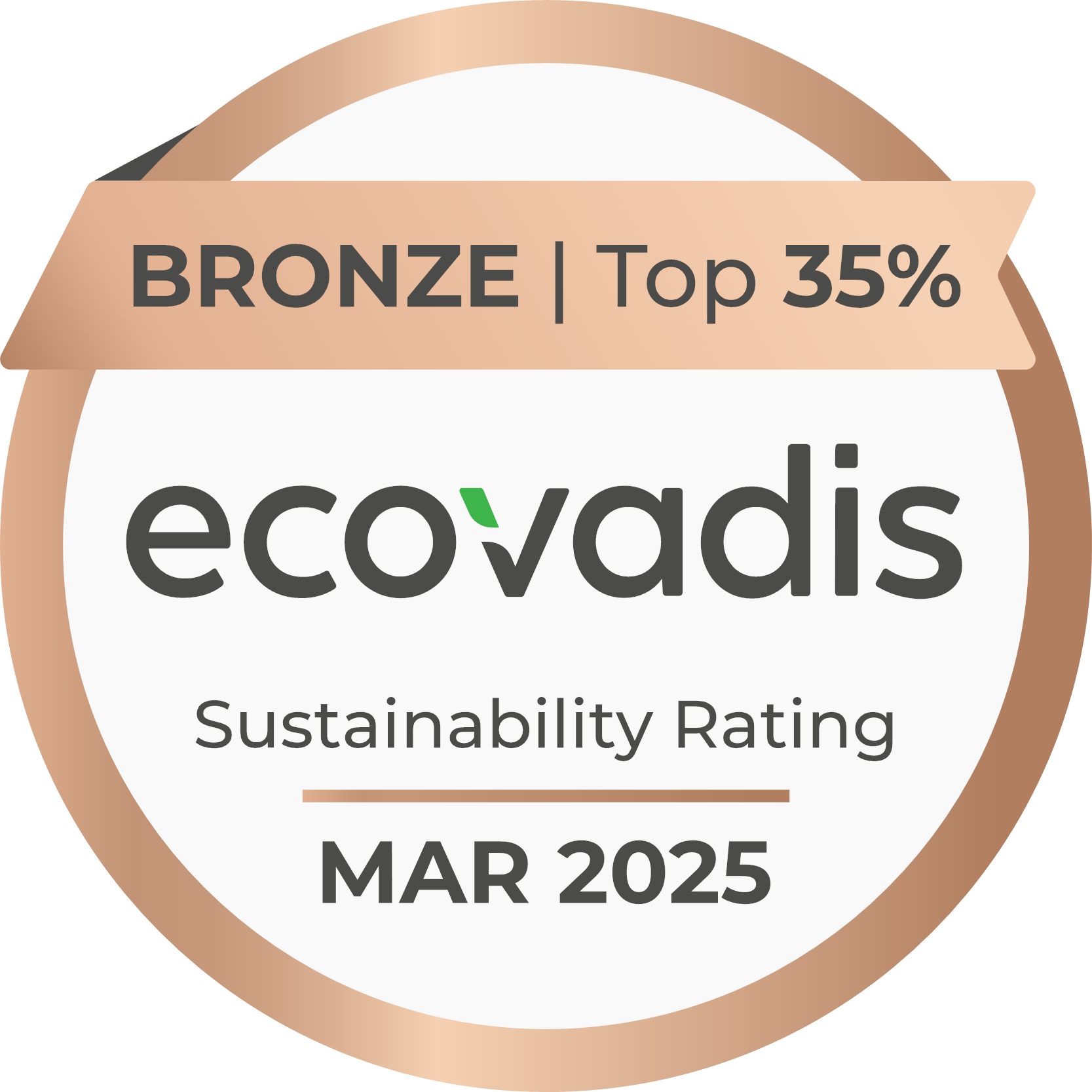Recent amendments to the Basel Convention will mean all global waste electrical and electronic equipment (WEEE) trade will be subject to prior informed consent.
However, there is concern over a loophole enabling WEEE to be exported for repair, which will bypass the informed consent regulations.
The prior informed consent of the importing state and any state of transit is already required before one party country can trade WEEE that contains hazardous materials to another.
The amendments to Annexes II, VIII and IX of the Convention, adopted at a meeting in Geneva on 17 June, will mean all shipments of WEEE, hazardous or not, will require prior informed consent from January 2025.
With 189 parties including the UK, the Basel Convention is an international treaty designed to reduce the movements of hazardous waste, and specifically to prevent the transfer of hazardous waste from developed to less developed countries.
The amendments were first tabled by Ghana and Switzerland in 2020 and exempt WEEE pre-processed in the exporting country to a “safe” concentration of metals or plastics already listed on the Convention’s non-hazardous list, Annex IX.
The United Nations Environment Programme said: “This bold decision not only protects vulnerable countries from unwanted imports, but also fosters the environmentally sound management of e-wastes with state-of-the-art technology and thus contributes to a circular economy.”
Another to welcome the amendments was Jim Puckett, executive director of American non-profit campaign group the Basel Action Network (BAN). He said:
“Due to the deadly emissions created when e-waste is processed thermally or in primitive acid stripping operations, this new agreement will go a long way towards protecting the environment and human health worldwide.”
BAN also hailed the decision to exempt WEEE pre-processed in the exporting country, saying it would protect “legitimate” recycling and “enable more electronics to be recycled into commodity-grade secondary resources rather than thrown into landfills or incinerators”.
However, BAN says there remains “one major loophole promoted heavily by electronics manufacturers”. Exporters can “avoid” the Conventions’ rules on the transboundary movement of waste if they claim their exports are to be repaired, BAN says.
Mr Puckett said: “While everyone realises that repair plays an important role, it cannot be used as free ticket to export all manner of wastes on an empty claim and thereby hide from the Basel rules of the road.”
*Image Source: Basel Action Network
